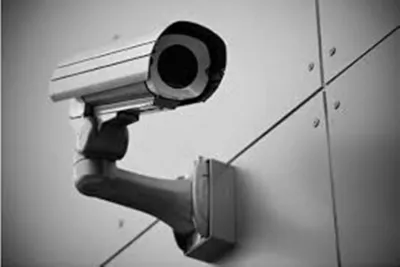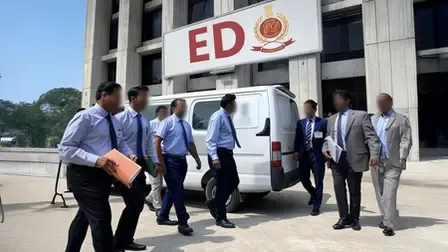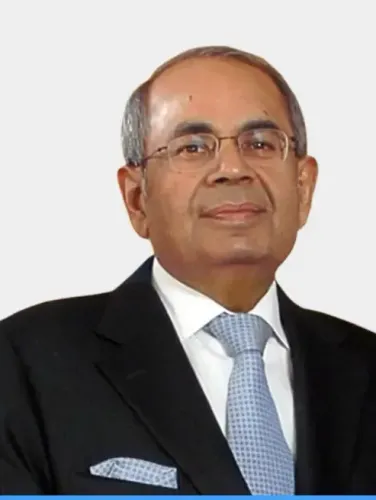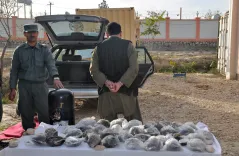Could IIT Assist in Developing a CCTV Monitoring System for Police Stations?

Synopsis
Key Takeaways
- Supreme Court explores IIT's role in CCTV oversight.
- Real-time monitoring could prevent custodial abuse.
- CCTV footage preservation is crucial for transparency.
- Police accountability is being enforced through technology.
- Judicial compliance from states is under scrutiny.
New Delhi, Sep 15 (NationPress) The Supreme Court deliberated on Monday about the potential involvement of a prestigious technical institution like IIT to create a real-time system for monitoring CCTV footage in police stations, eliminating the need for human oversight.
A bench comprising Justices Vikram Nath and Sandeep Mehta was addressing a suo motu case concerning the absence of operational CCTV cameras in police stations nationwide.
Senior advocate Siddharth Dave, assisting the court, pointed out that while some states had adhered to judicial mandates regarding CCTV installations, many others had not.
He added, "The Union has failed to comply – including NIA, ED, and CBI."
In response, Justice Mehta stressed that this issue transcends mere compliance; it revolves around real-time supervision.
He remarked, "The focus is on oversight. Today, a compliance affidavit might exist; tomorrow, officers could disable cameras. We were considering a control room without human intervention. If a camera stops functioning, it should trigger an alert."
Justice Mehta further suggested, "We could contemplate involving IIT to devise a mechanism for monitoring CCTV footage autonomously."
While reserving their decision, the bench led by Justice Vikram Nath instructed that the matter be scheduled for the following week to announce the order.
The Supreme Court took note of a media report revealing that 11 individuals had died in police custody in Rajasthan during the first eight months of 2025.
The bench observed, "We encountered a troubling news article… It reports that 11 deaths occurred in police custody in Rajasthan in the past eight months of 2025, with seven of these tragic incidents occurring in the Udaipur Division alone."
The report also highlighted that numerous remand rooms in police stations fall outside CCTV coverage, and the police frequently cite technical issues, storage shortages, ongoing investigations, or legal constraints as reasons for withholding footage. In several instances, police simply refused to release the footage or delayed its availability.
"Therefore, we take suo motu cognizance of the aforementioned news article titled ‘In Re: Lack of functional CCTVs in Police Stations’ and direct the Registry to present these proceedings to the Hon’ble Chief Justice of India for appropriate follow-up action," the apex court ordered.
The Supreme Court has already mandated the installation of CCTV cameras in police stations to ensure transparency and reduce instances of custodial abuse. It directed that every area of a police station must be under surveillance and that footage should be preserved for at least 18 months on digital or network video recorders. In 2023, the apex court had given the Centre and states a final opportunity to comply within three months. It also made station house officers (SHOs) personally accountable for the upkeep, data backup, and repair of CCTV systems.









